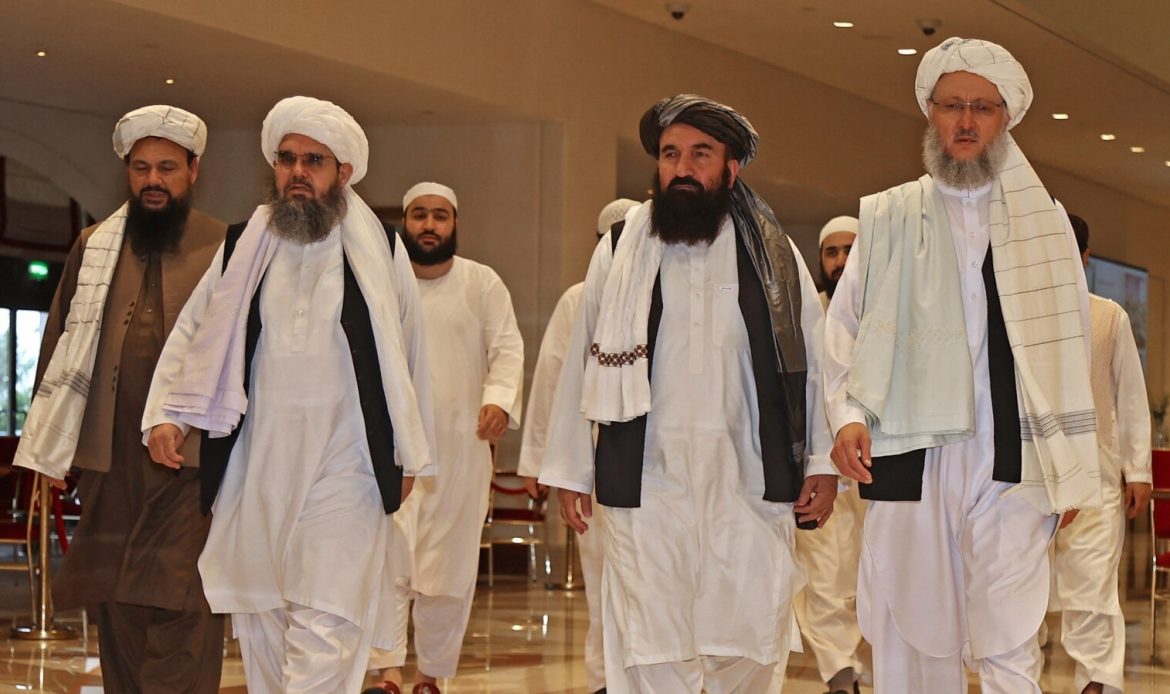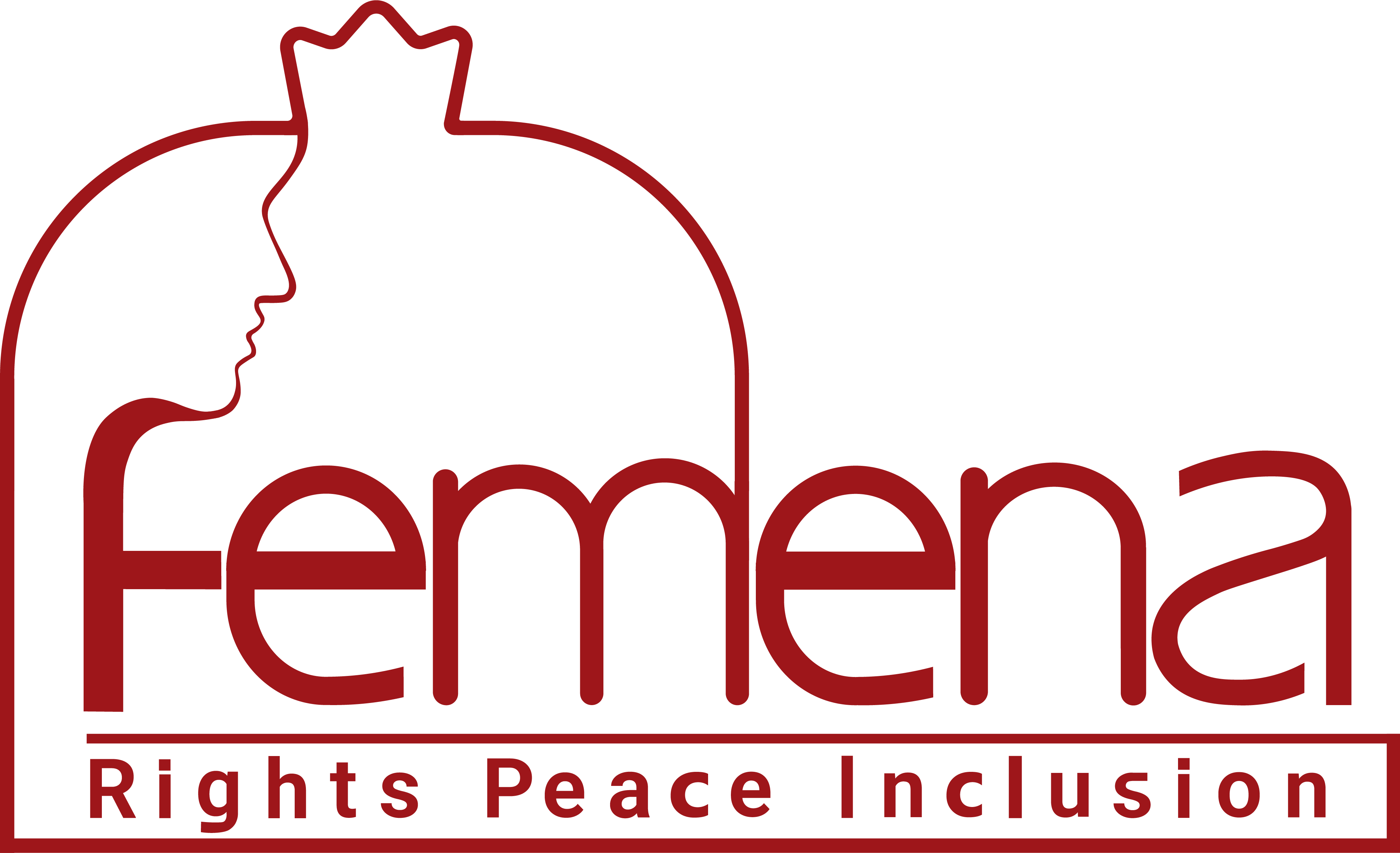
Femena expresses deep concern regarding the upcoming special envoys meeting in Doha on Afghanistan. We align ourselves with the skepticism and doubts voiced by the Afghan human rights community, particularly women protesters, who are demanding full transparency concerning the meeting’s agenda and calling for meaningful and full participation of Afghan women and marginalized ethnic groups. We, in line with the Afghan human right’s community, have the urgency of ensuring that the meeting outcomes uphold the human rights of Afghans and be in line with their democratic aspirations.
Since the initiation of the US-led peace process, the international community has failed to genuinely and meaningfully involve diverse Afghan groups in crucial discussions about the future of their country.
The previous special envoys meeting in May 2023 failed to include the voices of Afghan women. Despite persistent demands from Afghan women, the upcoming meeting is anticipated to lack meaningful engagement and full participation of women and marginalized groups. While women will be present at this meeting, it is critical to point out that mere inclusion of women in certain segments of the meeting is insufficient to guarantee their influence on the meeting’s outcomes.
Over the past 2.5 years, women in Afghanistan, women human rights defenders, including teachers, students, and former civil servants, have courageously protested for their rights, making consistent human rights demands and defending civic space. Despite paying a high price for their activism, their voices, representing the demands of women nationwide, remain the least heard.
The most basic of rights, which are taken for granted in other countries, are systematically denied to women in Afghanistan. This secondary status of women is upheld, not only through an array of decrees adopted by the Taliban, but maintained through force and violence. For this reason, many Afghan WHRDs are criticizing the rule of the Taliban as one that perpetuates gender apartheid. Following the fall of the country to the Taliban, many civil society activists, including women human rights defenders were forced to leave the country. Since then, women protesters have filled a critical gap in defending the rights of women and speaking up against the multiple draconian measures adopted by the Taliban against women.
They have bravely raised their voices, at great risk to their own safety and freedom against Taliban’s atrocities and violations. It is imperative that these women are actively engaged in all conversations about Afghanistan, and their demands are heard and considered during decision-making.
Given the reservations that exist with respect to the Doha meeting and in effort to press the international community to take a principled approach toward the Taliban and the future of Afghanistan, Femena puts forth the following recommendations, crafted through consultations with women across Afghanistan:
- The Taliban, are a terrorist group and must be held accountable for their grave human rights violations, including attacks and violence against women, attacks on Hazaras and other marginalized ethnic and religious groups, persecution of LGBTQI individuals, and extrajudicial killing of former government and military officials. Their participation in the upcoming meeting should not lead to their normalization.
- All 65+ Taliban edicts against women must be reversed. Women of Afghanistan accept nothing less. No concessions should be made in the hope of changing the Taliban. Listen to the women of Afghanistan—the Taliban will not change, and any concession will only embolden them to oppress women and marginalized groups more. Full and meaningful participation of women in all aspects of life is non-negotiable, from access to formal education to employment and services, is non-negotiable.. International standards must apply to Afghanistan, as they do anywhere else.
- The treatment of women by the Taliban must be rightfully labeled as gender apartheid, a crucial demand articulated by the women of Afghanistan.
- The focus of the Doha meeting should be broader than Afghanistan’s humanitarian and development issues, and be centered on the inclusion of women and marginalized groups as a primary factor. Any humanitarian effort that excludes and neglects the needs of these groups will surely be ineffective , and unsustainable and will lack compliance with international humanitarian principles. Afghanistan should not be treated at a lower standard, and the exclusion of women from the workforce by UN organizations contributes to gender apartheid.
- Close monitoring and full transparency in aid distribution are crucial ensuring that women and members of marginalized groups have equal access to humanitarian services.
- Opening embassies or diplomatic missions in Afghanistan only normalizes the Taliban, providing recognition that emboldens them to escalate human rights violations.
- Travel bans on Taliban members must be sustained and strengthened. Just as the women of Afghanistan are restricted from traveling, the same should apply to the Taliban.
- The future special envoy must prioritize human rights above all. Without the participation of women and protection of marginalized ethnic groups, no resolution for Afghanistan will sustain.


